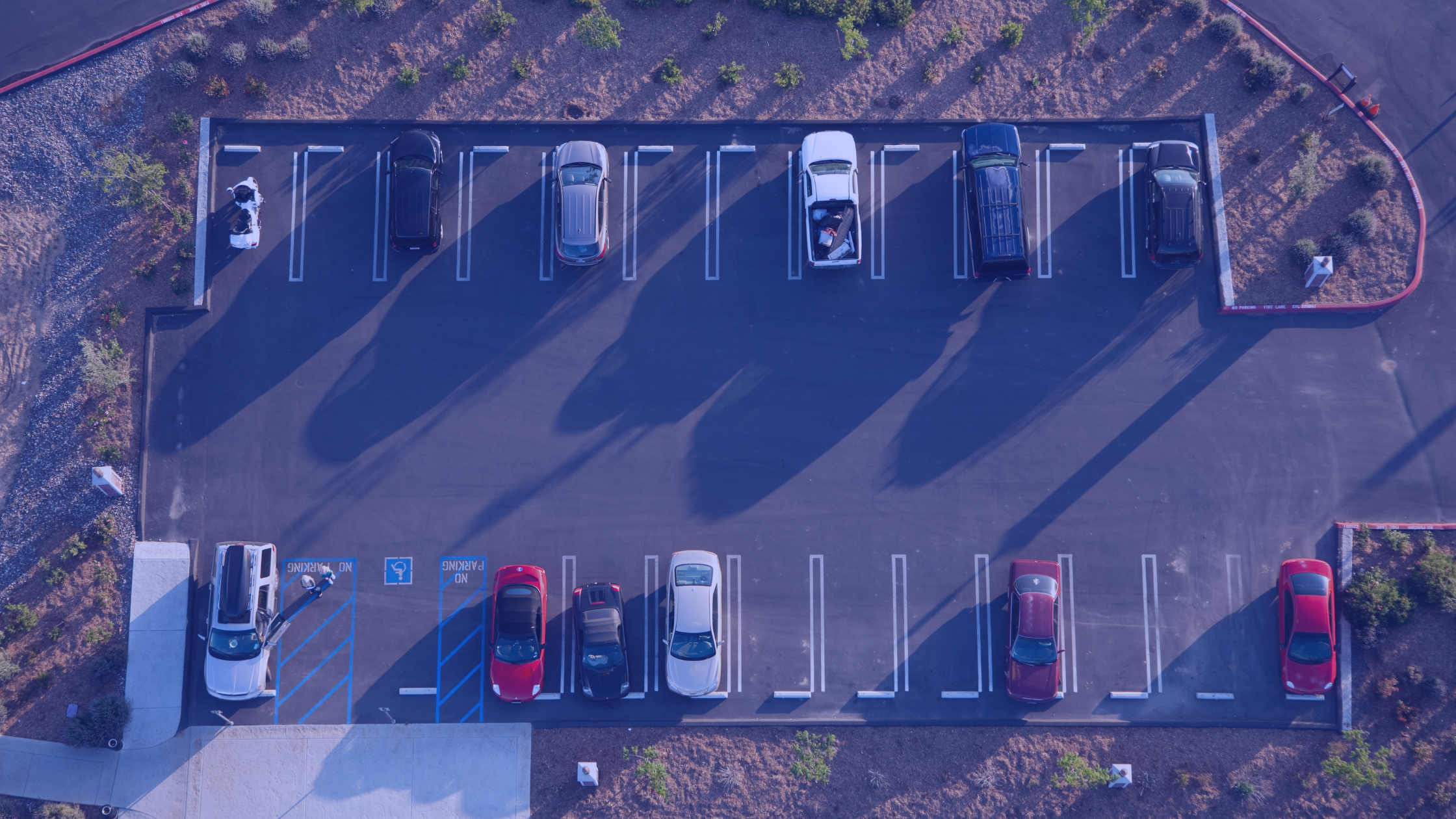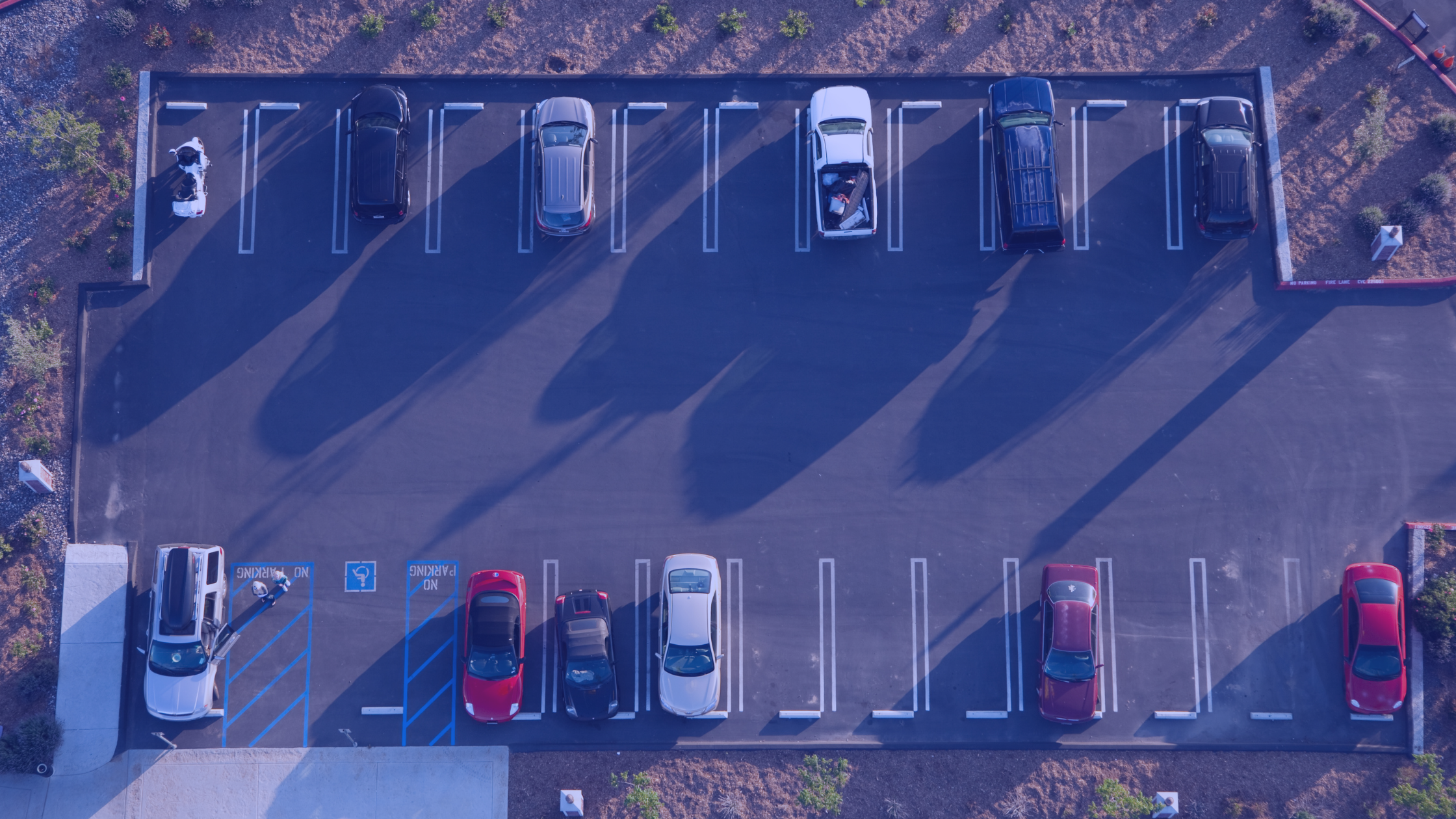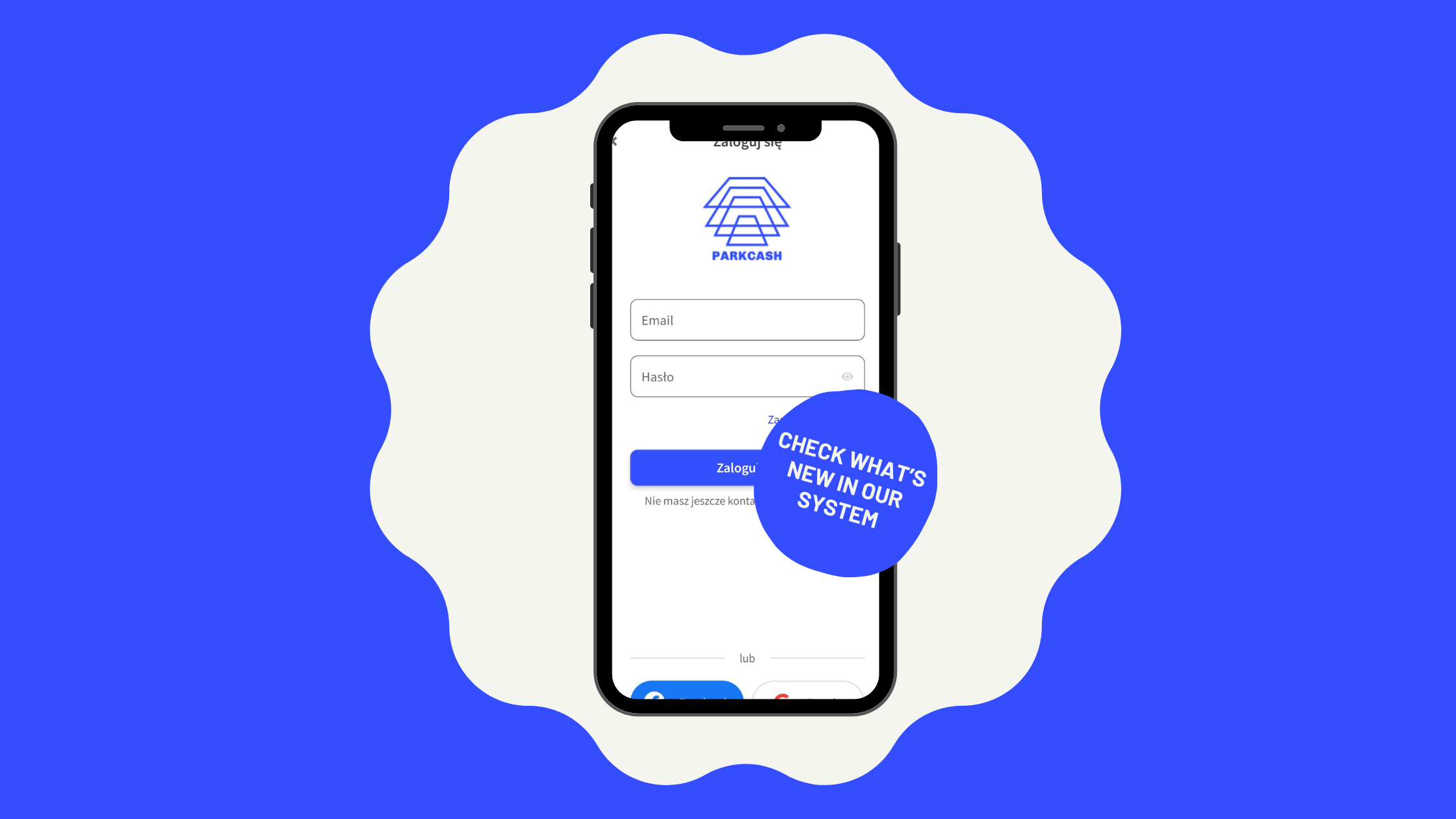Today, managing parking remains a significant challenge for property owners, building managers, and tenants alike. Traditional parking systems, which rely on manual control methods and lack advanced technologies, do not provide adequate information on the actual utilization of parking spaces. This absence of data leads to several issues that can be effectively resolved through the implementation of modern parking systems. In this article, I will discuss these problems and present the benefits derived from the application of modern technologies.
The problem of lack of information on parking utilization
In traditional parking systems, managers often struggle with a lack of data on how parking spaces are actually being utilized. This results in a series of problems:
- Unused parking spaces: Without accurate information on usage, parking spaces may remain unused, leading to a waste of space.
- Difficulty finding a spot: Without an integrated reservation system, drivers may struggle to find a place to park, leading to frustration and stress associated with commuting to work.
- Unauthorized access: Traditional systems have limited access control capabilities, which may result in unauthorized vehicles entering and occupying spaces intended for other users.
- Lack of optimization: Without occupancy data, managers cannot effectively plan and optimize available spaces, leading to unnecessary costs and congestion.
Modern parking systems as a solution
The implementation of modern parking systems provides a solution to the above issues by delivering advanced tools and technologies that enable better management and monitoring of parking utilization.
- Advanced monitoring tools: Modern systems like ParkCash use License Plate Recognition (LPR) cameras to track vehicle entries and exits, allowing for precise monitoring of parking occupancy in real-time.
Integrated reservation systems: Mobile apps enable users to reserve parking spaces ahead of time, which eliminates issues related to availability and ensures efficient space usage. - Automated access: Modern parking systems can be integrated with access control systems, allowing for automatic space allocation and eliminating unauthorized access. Users can use mobile apps or license plate recognition to enter and exit the parking without needing physical cards or tickets.
- Data analysis and reporting: Modern systems provide advanced analytical tools that supply data on parking usage. This information allows managers to optimize space management, plan for future needs, and minimize operational costs.
Benefits of implementing modern parking systems
- Efficient space utilization: Accurate data on occupancy allows managers to make better use of available parking spaces, minimizing waste.
- Increased user satisfaction: Facilitating reservations and automating access enhances user convenience, reducing frustration and improving their overall parking experience.
- Improved control and security: Automated access and real-time monitoring ensure better control over who uses the parking, enhancing security and reducing the risk of unauthorized access.
- Cost optimization: Through data analysis and improved planning, managers can lower operational costs associated with parking management.
- Support for sustainable development: Modern parking systems can integrate with initiatives for sustainable development, such as electric vehicle charging stations, carpooling, or promoting alternative transportation methods, contributing to the reduction of carbon footprints.
Conclusion
The absence of information on parking utilization in traditional systems leads to many issues that can be effectively resolved by implementing modern parking systems. Advanced monitoring tools, integrated reservation systems, automated access, and data analysis bring numerous benefits to both managers and users of parking facilities. Investing in modern parking technologies is a step toward more efficient, secure, and sustainable urban parking space management.









